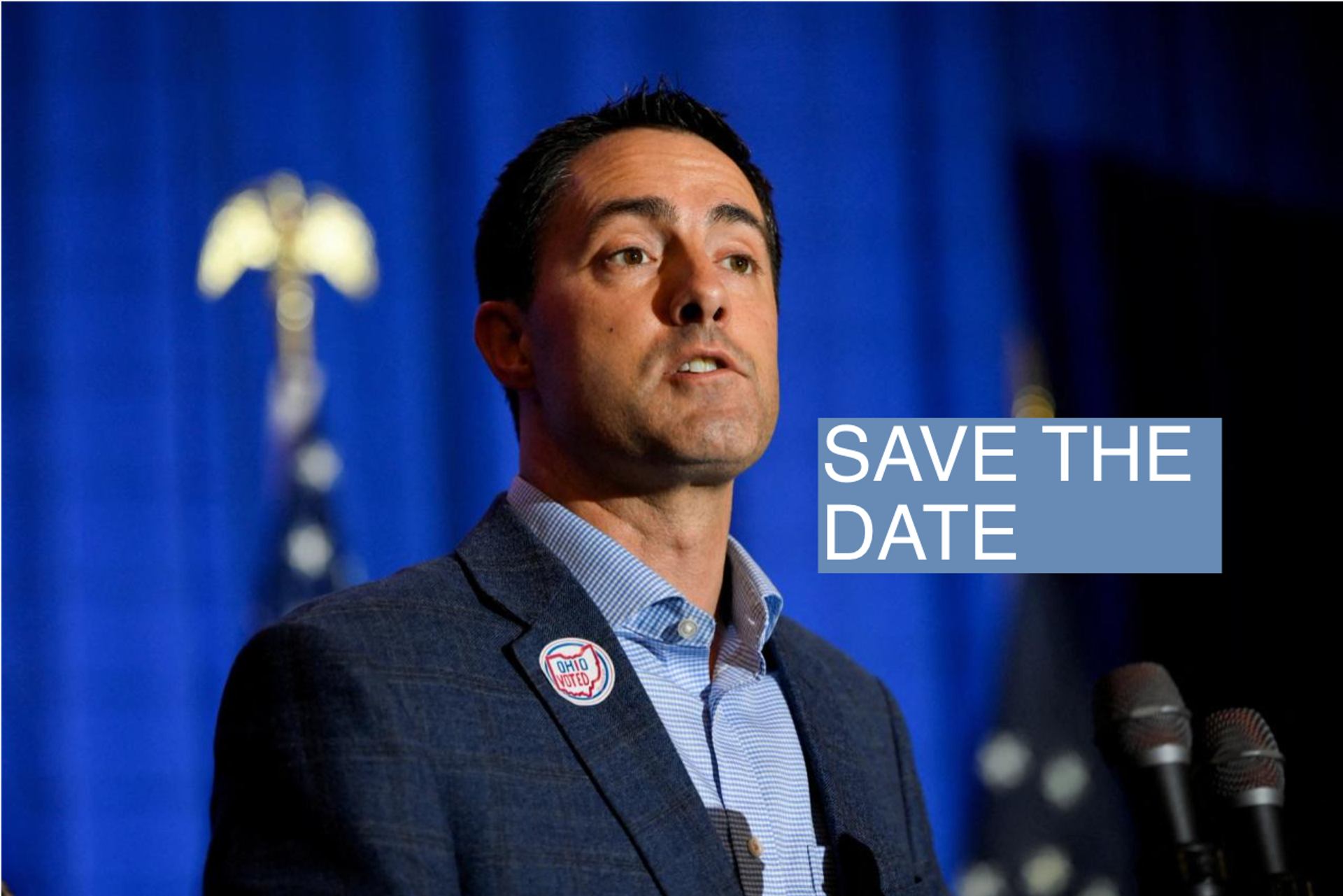The News
Republican Secretaries of State in Ohio and Alabama have told Democrats that their presidential ticket might not qualify for their ballots, warning that the party’s nominating convention in Chicago will come too late to make their deadlines.
“There are no exceptions to Alabama code section 17-13-31(b),” Alabama Secretary of State Wes Allen said in a statement to Semafor, citing the state’s Aug. 15 statutory deadline. “If I do not receive a nomination from the Democratic party that complies with Alabama code section 17-13-31(b), I will not be able to certify the names of the Democratic candidates to appear on the November ballot.”
In Ohio, the Secretary of State’s office sent a letter to the state Democratic Party last week, warning that the DNC, scheduled to start on Aug. 19, would miss its Aug. 7 ballot deadline. The options laid out by legal counsel: Either the DNC would have to be moved up, or the Republican-controlled Ohio General Assembly would have to pass a law changing its deadline by May 9.
Know More
In 2020, both Ohio and Alabama had ballot deadlines after the Republican National Convention; in both states, there was no real conflict over placing the Trump-Pence ticket. Ohio legislators passed a law shrinking the ballot grace period from 90 days to 60 days for that cycle, while Alabama accepted a letter from the Republican National Committee promising to “certify the party’s nominees as soon as the official nomination is complete.”
But Democrats are taking the new challenges seriously, and see four paths to resolving any ballot access questions.
The first: Submitting letters from the Democratic National Committee which confirm that the party will nominate the president and vice president, as Republicans did in Alabama four years ago. The second: Getting the deadline changed by the state legislature, as Republicans did in Ohio four years ago. The third: Legal action, which would cite recent precedents that have prevented election officials from treating political parties differently. The fourth: Holding a virtual vote to nominate the Biden-Harris ticket, ahead of the in-person nomination in Chicago.
The fourth option could not be exercised until late June, at the earliest, after the end of the Democratic presidential primaries and the selection of delegates in every state and territory.
David’s view
Republicans and Democrats don’t have a lot of mutual trust right now, and the way that Alabama and Ohio warned about this ballot problem rankled the Biden campaign and its allies.
In Ohio, even though it’s up to the GOP supermajority to change the law, Democratic legislative leaders were notified first, and their Republican counterparts weren’t cc’d. In Alabama, the 2020 precedent was so obvious — a 2020 letter signed by GOP leaders, the problem going away immediately — that Democrats were immediately suspicious. Plus, both LaRose and Allen opposed the lawsuit that challenged Donald Trump’s ballot access this year, from plaintiffs who argued that the former president had violated the 14th Amendment’s insurrection clause. The timing of this sudden concern about a typically routine issue smelled like payback to them.
The Supreme Court sided with LaRose and Allen; it’s unlikely that courts would keep Biden-Harris off these ballots, given the options Democrats have for making the deadline.
The View From The Biden Campaign
“Joe Biden will be on the ballot in all 50 states,” said a Biden campaign spokesperson. “State officials have the ability to grant provisional ballot access certification prior to the conclusion of presidential nominating conventions. In 2020 alone, states like Alabama, Illinois, Montana, and Washington all allowed provisional certification for Democratic and Republican nominees.”
Notable
- For the Statehouse News Bureau, Karen Kasler looked at the options Ohio Democrats are exploring, as the Secretary of State’s office blames them for fumbling the process: “They can either point fingers and blame others for their noncompliance, or they can fix it. It’s up to them.”
- In the Alabama Reflector, Ralph Chapoco found Democrats in an unhappy mood about the situation: “It is interesting that it was a very solvable problem when it affected Republicans, and completely baffling and unsolvable problem when it affects only Democrats.”
